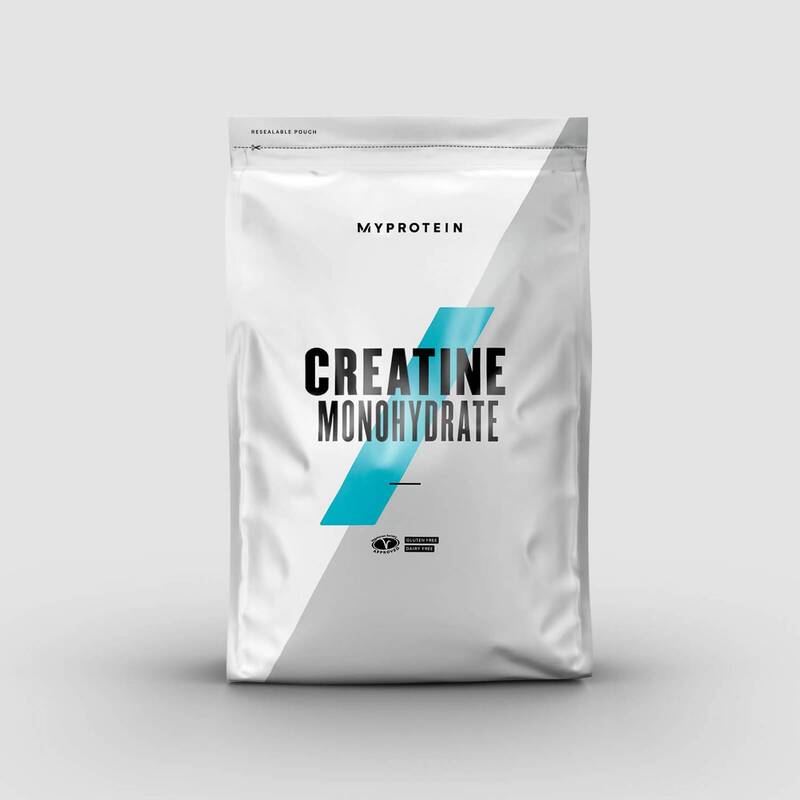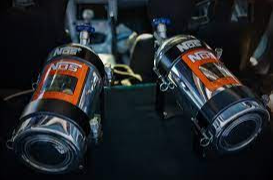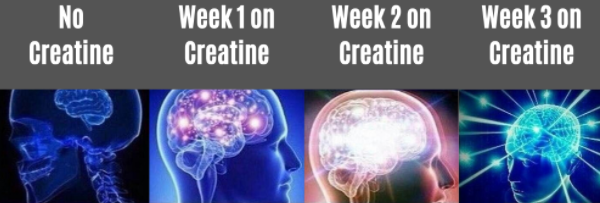|
If you are new to lifting this may be something new, however once you’ve been involved with training for a small to moderate amount of time, especially true if also competing in sports, the topic of creatine will likely arise. Should you? Shouldn’t you? How much? How often? Why? Do you need to load it? Should you put it in your socks? As is tradition, and as my hatred for cooking recipes with a three part novella worth of text prior to the ACTUAL RECIPE smoulders on like a dying star, here are the takeaway answers right at the start. If you are a human who cares to invest in their health (even if you aren’t training) you should probably be taking creatine monohydrate. 5 grams/day is fine for almost everyone, bump to 10g if you’re 100kg+. You do not need a loading phase (unless you’re vegan and have been for a fair time), and feel free to mix it into your favourite non fizzy beverage. Water, fruit juice, protein shakes, all great options. It’s one of the cheapest supplements out there, and well worth investing in, both for performance and more recently optimistic looking potential cognitive benefits. If the tl;dr didn’t convince you, let's get into the nitty gritty of why you should reconsider. We’re going to briefly summarise what creatine is, what supplementing it would do for you, and then have a look at some of the newer things people are researching about it. First up, what is creatine monohydrate? Creatine is a chemical found in your body - mainly in muscles, but also in your brain. Creatine monohydrate is a supplement derivative of that. There are others, such as creatine gluconate, and creatine ethyl ester, but monohydrate is the most heavily researched and pretty much the only one you need to worry about. The main way you and your training benefit from taking creatine is the replenishment of the phosphocreatine system, an energy system used in periods of high energy demand, typically only lasting up to 10 seconds. If you picture any Fast and the Furious movie where they flip a switch and spurt NOs into the engine, that’s kind of what we’re talking about. The fact that we really don’t get very much creatine naturally from food (beef for example only has 1g every 500g-1kg) and you’d need to eat 5 times that to get your little 5g scoop from your supplement pouch, almost everyone sees a significant benefit after a week or so of regular use. If you’ve been eating a diet sans meat for any length of time, you’ll benefit even more so since your baseline levels will be reduced further, though you will need to take it for slightly longer before potentially seeing those gains. You will commonly hear people talking about a loading phase for creatine. Essentially if you want to top up your reserves as fast as possible you could technically do this, but there’s really no point, since you’ll get to the same level by an extra few days. It’s also one of the safest supplements on record. There have been several longer term studies following people taking it for years straight, looking at all kinds of health markers, and nothing has come back with any kind of red flags, or anything even close to one. That pretty much covers everything you may wish to know regarding creatine and training, and if you’re still reading here’s where it gets interesting. You may remember I mentioned that you also have creatine stores in your brain, and there is a growing amount of research that is looking at how supplementing creatine benefits you in that capacity. Cognitive performance measures such as recognition,memory, and decreasing mental fatigue are all showing positive outcomes alongside creatine supplementation. It’s even being looked at in the potential benefit of treating traumatic brain injuries, and potentially decreasing risk and/or symptoms of neurological diseases such as Parksion’s and motor neurone disease. Obviously none of this is as deep in the trenches as it’s research for sport training and supplementation, but I personally find the potential of something so simple being that huge very exciting, and I’m super keen to see where things go in that avenue of the research.
So what are you waiting for?
0 Comments
Leave a Reply. |
Archives
March 2024
Categories
All
|
Proudly powered by Weebly






 RSS Feed
RSS Feed